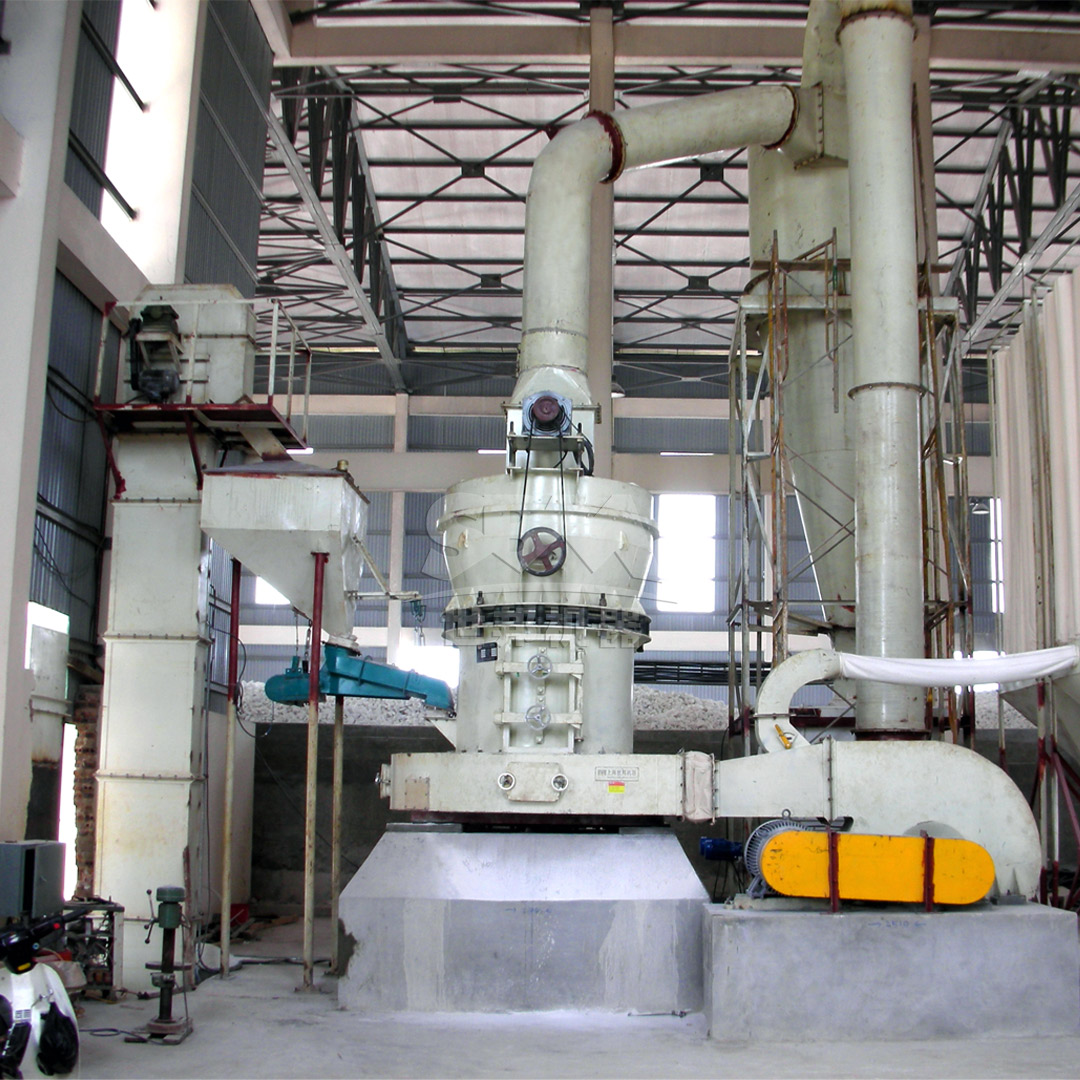Bentonite, a naturally occurring clay mineral primarily composed of montmorillonite, plays a critical role in the oil and gas industry as a key component of drilling mud. Its unique properties—including high swelling capacity, viscosity enhancement, and excellent suspension characteristics—make it indispensable for lubricating drill bits, stabilizing boreholes, carrying cuttings to the surface, and preventing fluid loss into formations. The effectiveness of bentonite in drilling mud is heavily dependent on its particle size distribution and purity. Finely ground bentonite with controlled particle size ensures optimal hydration, superior gel strength, and reduced fluid loss, directly impacting drilling efficiency and safety.
The grinding process is therefore crucial in transforming raw bentonite into a high-performance additive. Selecting the appropriate grinding mill is not merely a matter of reducing particle size; it involves balancing factors such as energy efficiency, production capacity, particle size control, operational costs, and environmental considerations. This article provides a comprehensive analysis of various grinding technologies and identifies the optimal solutions for bentonite processing in drilling mud production, with a specific focus on the advanced milling equipment we offer.

To meet the stringent specifications of the drilling industry, the grinding of bentonite must achieve several key objectives:
Various milling technologies are employed in mineral processing, but not all are equally suited for bentonite. Below is a comparative analysis:
| Mill Type | Typical Output Fineness | Advantages | Disadvantages for Bentonite |
|---|---|---|---|
| Raymond Mill (Pendulum Mill) | 30-325 mesh | Mature technology, low initial cost, simple operation. | Limited to medium fineness, lower energy efficiency for fine grinding, potential for higher wear. |
| Ball Mill | 0.074-0.8mm (200-20 mesh) | High capacity, reliable, can handle wet or dry grinding. | Inefficient for fine/ultra-fine grinding, high energy consumption, high noise levels, broad PSD. |
| Vertical Roller Mill (VRM) | 30-600 mesh | High energy efficiency, integrated drying/grinding, large capacity. | Higher capital cost, more complex maintenance, can be oversized for smaller bentonite operations. |
| Ultrafine Grinding Mill | 325-2500 mesh (5-45μm) | Exceptional fineness, narrow PSD, high efficiency for ultra-fine products. | Higher investment for ultrafine capability, may require pre-crushing. |
From this analysis, it becomes clear that while traditional mills like Raymond and Ball mills have their place, modern bentonite processing for high-performance drilling mud demands more advanced technology that combines high efficiency, precise particle size control, and lower operational costs.
For producers aiming to manufacture top-tier drilling mud with superior rheological properties, our SCM Ultrafine Mill represents the pinnacle of grinding technology. This mill is engineered to produce the extremely fine and consistent particle sizes that unlock the full potential of bentonite.

| Model | Handling Capacity (t/h) | Main Motor Power (kW) | Output Fineness (mesh) |
|---|---|---|---|
| SCM800 | 0.5 – 4.5 | 75 | 325 – 2500 |
| SCM900 | 0.8 – 6.5 | 90 | |
| SCM1000 | 1.0 – 8.5 | 132 | |
| SCM1250 | 2.5 – 14 | 185 | |
| SCM1680 | 5.0 – 25 | 315 |
For large-scale bentonite processing plants where the primary requirement is high volume production of standard drilling-grade bentonite (30-325 mesh), our MTW Series Trapezium Mill offers an outstanding balance of performance, reliability, and cost-effectiveness.
The choice of a grinding mill is a strategic decision that directly impacts the quality of your drilling mud and the profitability of your operation. While several options exist, the specific requirements of bentonite—focusing on fineness control, efficiency, and product purity—narrow the field to advanced milling solutions.
For producers targeting the premium segment of the market where ultra-fine bentonite commands a higher price and delivers superior drilling performance, the SCM Ultrafine Mill is the unequivocal best choice. Its ability to produce consistent, sub-5μm powder with high efficiency and low operational cost makes it a future-proof investment.
For large-scale producers of standard-grade bentonite, the MTW Series Trapezium Mill provides the robust, high-capacity, and cost-effective grinding solution needed to remain competitive in a volume-driven market.
Investing in the right technology from the outset ensures not only that your bentonite products meet today’s industry standards but also that your operation is efficient, sustainable, and poised to adapt to the evolving demands of the global drilling industry.
